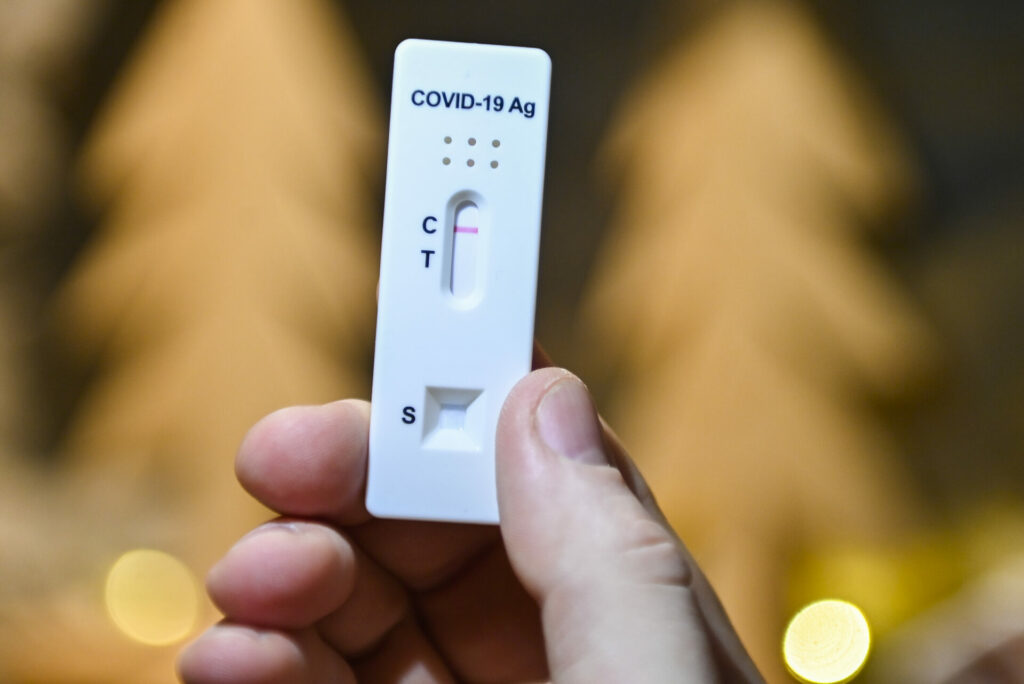While it seems that Covid-19 has long been forgotten, a new variant of the virus that is spreading faster than any of the mutations before it has emerged in the United States.
About 17% of new Covid cases in the US are caused by the new virus variant EG.5. Outside the US, the variant is also rapidly gaining ground in Ireland, France, the UK, Japan and China. This week, the World Health Organisation (WHO) updated its status to "a variant of concern."
"The new Omicron variant is said to be more infectious, but not more dangerous. I do not see anything worrying," virologist Steven Van Gucht told Het Belang van Limburg. "The virus continues to behave as we expect it to: in small waves."
In Belgium, too, a rising trend of infections can be seen, the Sciensano national health institute detected based on wastewater analysis, said Van Gucht. "The viral loads are still low compared to the ninth wave (which started at the end of November 2022) but they are steadily increasing. The numbers are quietly going up again. Possibly that has to do with this summer's atypical weather which means we are spending more time indoors."
Related News
- Pharmacists to administer flu vaccine this autumn
- Belgium to destroy expired Covid-19 vaccines again
- Flanders announces new Covid-19 vaccination push from mid-September
What the new variant will mean for the autumn remains to be seen, but Van Gucht is not worried. "Still, we recommend that the high-risk group of over-65s go for a booster in the autumn."
"The new vaccine was developed based on the XBB variant and not on that new US variant. But there is still enough cross-protection and the adapted vaccines will definitely protect against severe disease," he said.
Worldwide, Covid-19 infections are no longer tracked closely enough to chart the spread of the virus, the WHO announced. In Belgium, hospital admissions are no longer registered either. "Such registration puts a heavy burden on the hospitals and would also not make sense because there is no overload anymore. Our main source of information now is wastewater," Van Gucht said. "We do continue to test that."

